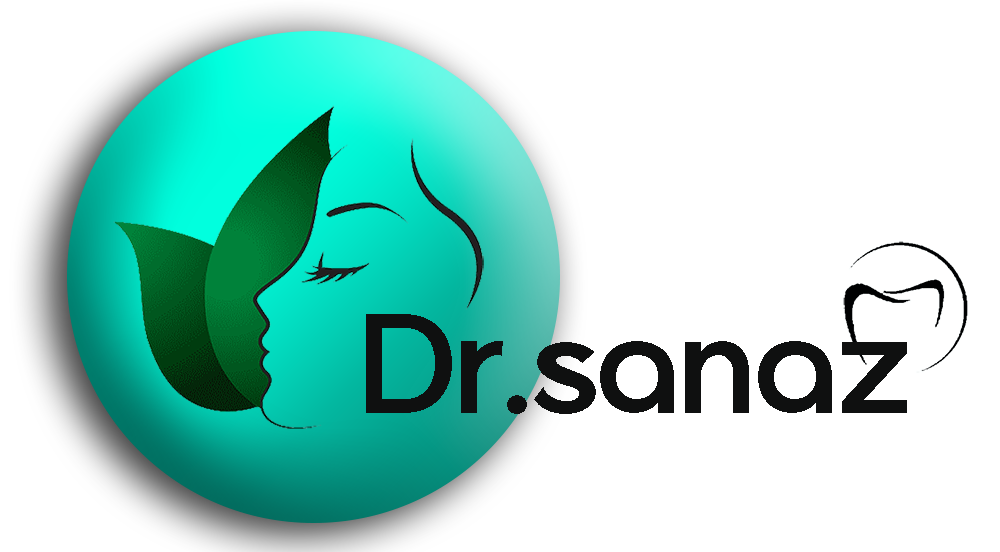
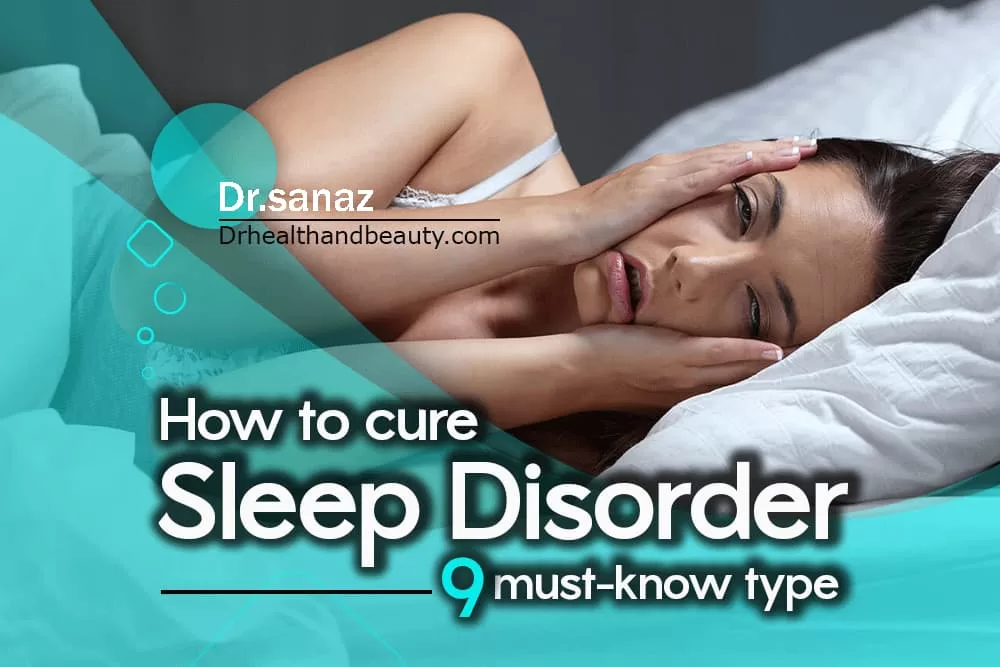
How To Cure Sleep Disorder / 9 Must-Know Type
Table of Contents
There is evidence that the amount of sleep may have decreased in recent decades, which causes increased attention to sleep problems. Sleep disorders are common and affect the quality and quantity of sleep and can lead to increased complications and increased health care costs.
For this reason, Drhealthandbeauty decided to review the types and treatments of sleep disorders in an article based on scientific evidence.
Several studies show that lack of sleep leads to changes in the functioning of the body’s immune system with an increased risk of lung infection (pneumonia).
Related: “Can You Catch Pneumonia From Someone Else?“
In addition, chronic lack of sleep is associated with an increased risk of diabetes, cardiovascular diseases, cancer, and mortality, like sitting for a long time. However, how much sleep is enough for us?
Related: “Top 10 Autoimmune Diseases”
How much sleep do we need according to our age?
Although there is no universal agreement on enough sleep, the American National Institutes of Health recommends that adults get 7 to 8 hours each night.
The Centers for Disease Control and Prevention (CDC) has stated the amount of adequate sleep according to age, which is according to the following table:
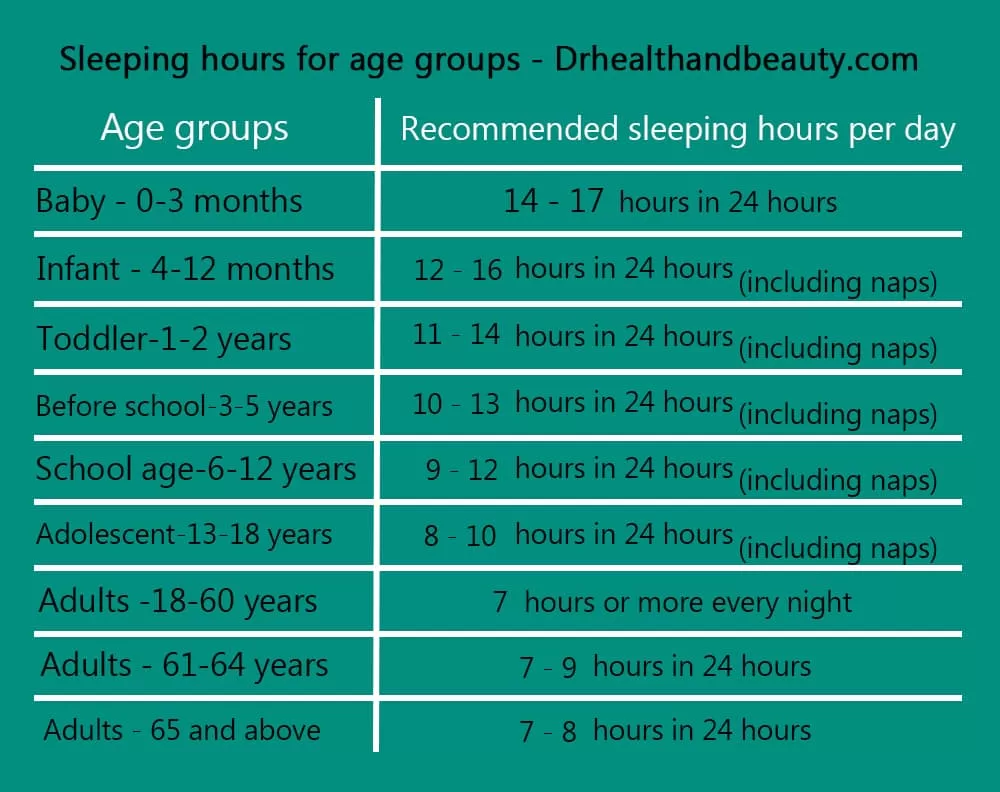
Although the amount of sleep you get each day is essential, other aspects of sleep also contribute to your health and well-being. Good quality sleep is also essential.
Symptoms of poor sleep quality include feeling restless even after getting enough sleep, waking up frequently during the night, and experiencing symptoms of sleep disorders (such as snoring or gasping).
Improving sleep quality may be helped by better sleep habits or diagnosis and treatment of any sleep disorder.
The results of sleep disorder in the individual
Unfortunately, sleep disorder is prevalent. Up to 50% of adults experience it at some point.
- depression ( related: “Sertraline, Unlocking The Mysteries/ Benefits vs Risks” )
- Difficulty concentrating
- Irritability
- Weight Gain ( you may be interested in “Healthy Weight Loss” )
- Disruption of work or school performance
- This disorder is more common in adults and older women.
.
Related: “What Is A Sign Of Worsening Heart Failure? Delay=Death“

Types of sleep disturbance
- Chronic, when sleep disturbance occurs regularly for at least one month.
- Intermittent, when sleep disturbance occurs periodically.
- Transient, when sleep disturbance lasts only a few nights.
.
Sleep Apnea
Sleep apnea is characterized by pauses in breathing during sleep. This serious medical condition causes the body to receive less oxygen. It can also cause you to wake up frequently during the night.
Types of sleep apnea
- Obstructive sleep apnea, where airflow stops because the airway space is obstructed or too narrow.
- Central sleep apnea connects your brain and the muscles that control your breathing.

Parasomnias
Parasomnia is a sleep disorder that causes abnormal movements and behaviors during sleep.
- A sign of parasomnia
- talking in sleep
- moaning
- the nightmare
- Grinding teeth
- Enuresis
- Restless leg syndrome
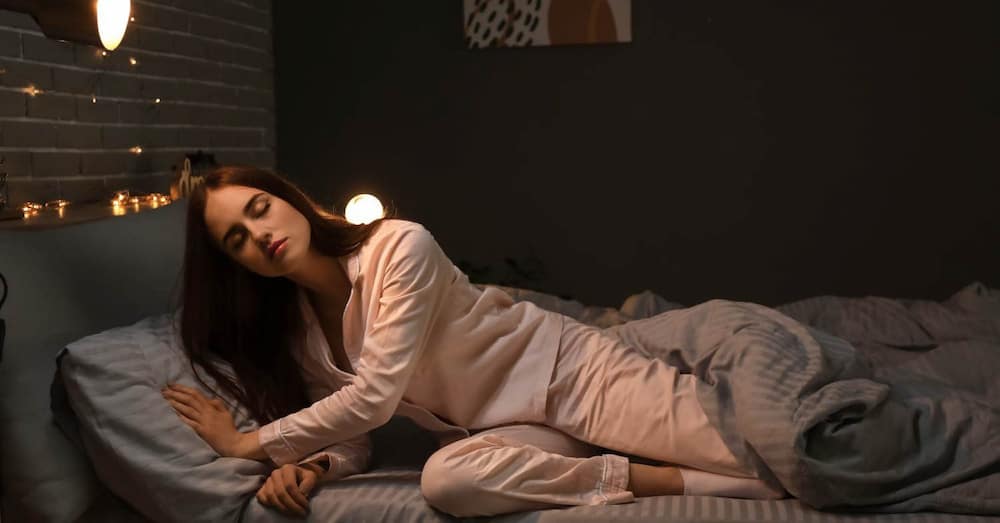
Restless Leg Syndrome
There is an urgent need to move the legs. A tingling sensation in the legs sometimes accompanies this tendency.
While these symptoms may occur during the day, they are more common at night.
RLS is often associated with certain health conditions, including attention deficit hyperactivity disorder (ADHD) and Parkinson’s disease, but the exact cause is unknown.

Sleep Walking
Sleepwalking, known as somnambulism, is a behavioural sleep disorder that originates from a deep sleep and is manifested by walking or performing other complex behaviours in sleep.
Sleepwalking is more common in children than adults, and if a person has a family history of this disease, sleeps poorly, or has frequent awakenings at night, it is more likely to occur.
Sleepwalking is a type of sleep disorder that falls under the category of sleep disorder (parasomnia).
Somnolence is an abnormal behaviour during sleep and occurs when the boundary between sleep and wakefulness is removed.
Events that occur during these periods can cause injury to a person and result in insufficient sleep and sleepiness during the day.
Sleepwalking occurs during non-rapid eye movement (NREM) sleep, usually in stage 3 of the sleep cycle, also known as deep sleep.
Some other sleep disorders, such as sleep talking and night terrors, also occur during this stage of sleep (NREM).
Various factors affect the probability of this type of sleep disorder and relative awakenings:
- Genetics and family history: Studies have shown that some people are genetically predisposed to sleepwalking and other NREM sleep disorders. About 22% of children whose parents do not have a history of sleepwalking will experience this condition. In contrast, 47% of children with one affected parent and 61% of children with both parents having a history of sleepwalking experience this disorder.
- Lack of sleep: Sleep deprivation increases the risk of sleepwalking, possibly due to more time in deep sleep after sleep deprivation.
- Medications: Medications with a sedative effect may increase the likelihood of sleepwalking.
- Alcohol: Drinking alcohol in the evening or at night can disrupt the normal stages of sleep and increase the risk of sleepwalking.
- Brain damage: Diseases that damage the brain, including brain swelling (encephalitis), may trigger sleepwalking.
- Fever: In children, fever increases the possibility of sleepwalking and may be accompanied by frequent awakenings due to illness during the night.
.
Related: “What Is The Difference Between Intermittent, Remittent, And Relapsing Fever?“
Obstructive sleep apnea is a sleep disorder in which the narrowing of the airways causes shortness of breath during sleep.
These breathing interruptions, which can happen dozens of times a night, cause interrupted sleep and increase the risk of sleepwalking.
.
Related: “What Are Whooping Cough’s Early Symptoms“

Narcolepsy
Narcolepsy is featured by “sleep attacks” that occur upon awakening. This means you will suddenly feel fatigued and fall asleep without the sign.
The disorder can also lead to sleep paralysis, which may make you unable to move right after waking up.
Although narcolepsy may occur independently, it is related to certain neurological disorders, like multiple sclerosis.
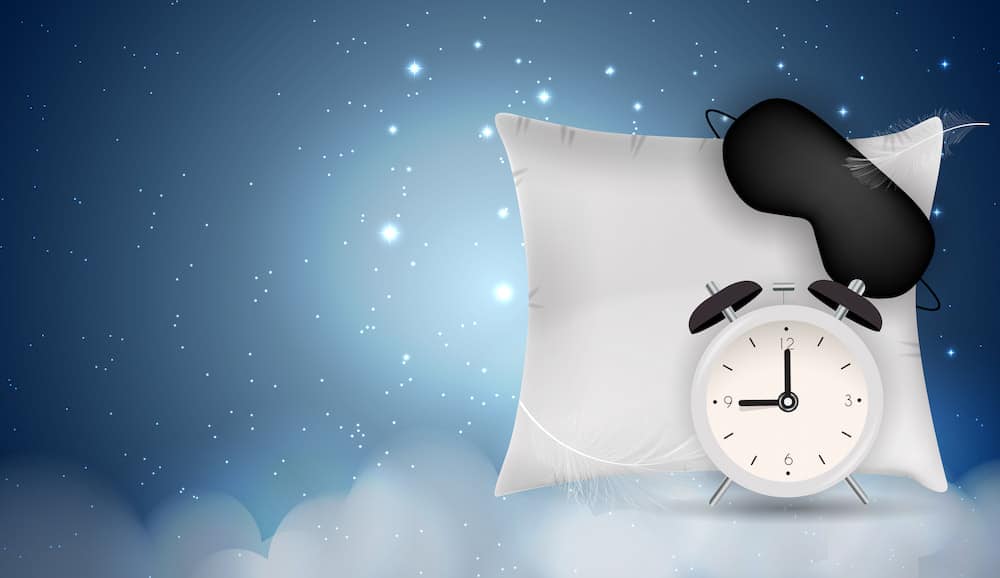
Shift Work Disorder
People who work evening or night shifts, especially those who have rotating shifts and their working time does not have a fixed and regular routine, sometimes they are at work in the morning, sometimes in the evening, and sometimes at night, they face severe sleep disorders. Such sleep disorders fall under the category of circadian sleep disorders.
Circadian rhythm or biological clock regulates the state of sleep and wakefulness of a person 24 hours a day.
If this rhythm is disrupted, sleep patterns, alertness levels, body temperature, and hormone levels will also be disrupted.
The sleep disorder of people working at night affects their performance, safety, and health.
The Multiple Sleep Latency Test (MSLT) can provide a reliable assessment of the effects of sleep deprivation.
Limiting sleep to 5 hours a night leads to a significant increase in sleepiness, leading to a decrease in Sleep Latency from 2 nights.
Shift workers take more naps than non-shift workers, and their nap duration is more prolonged, thus compensating for their lack of sleep.
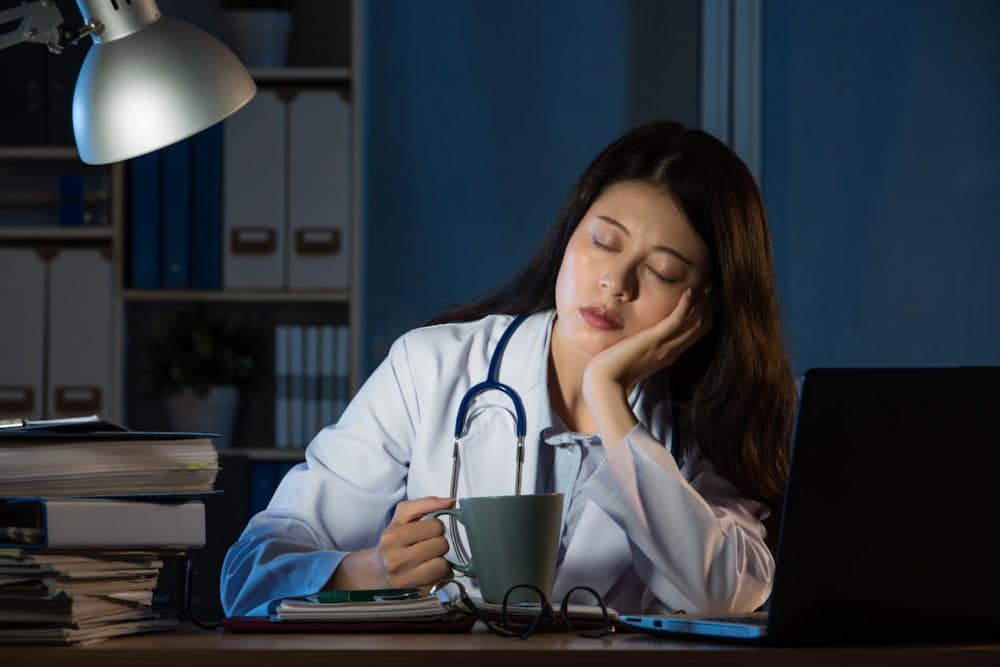
Jet Lag
Jet Lag is a term used to describe a type of sleep disorder whose symptoms are caused by the difference between the internal clock and the external environment when a person travels quickly across multiple time zones.
This state is seen in trips done in a short period despite the considerable distance, such as a long trip by plane.
In such a situation, the body’s physiological rhythms, which are naturally compatible with the circadian cycles, must be re-adjusted to coordinate with the new time zone.
In general, jet lag is more common and severe when traveling to the East than when traveling to the West.
Signs of jet lag sleep disorder
Jet lag symptoms are temporary and transitory and include the following:
- Reduced alertness and extreme sleepiness during the day
- Daily performance decline
- Feeling tired and lethargic
- Stomach upsets
- Disturbance in menstrual cycles in women who often travel.
Sleep disorder, people who travel to the East show symptoms similar to delayed sleep phase syndrome in that they fall asleep late at night and wake up late in the morning.
People who travel to the West show symptoms similar to early sleep phase syndrome in that they fall asleep early at night and wake up before dawn.
.
Related: “How To Avoid Ectopic Pregnancy Naturally?“

Insufficient sleep
Someone with insufficient sleep syndrome may:
- Usually spend less than 8 hours in bed at night.
- Have a close friend or family member who realizes they need more sleep than they are getting.
- If he sleeps for a longer time, his symptoms will improve.
- Any illness or other sleep disorder that indicates excessive sleepiness.
- You do not have concentration and attention problems, low energy levels, decreased alertness, distress, irritability or fatigue.
Insomnia
Insomnia is a common sleep disorder that makes falling asleep difficult, exhausting, and sometimes impossible.
In addition, when suffering from this disorder, a person may wake up earlier and not be able to sleep.
A person may even feel tired after waking up. In addition to reducing body energy, insomnia affects mood, health, job performance, and quality of life.
(Insomnia) is a type of sleep disorder that can show its effects in different ways and disrupt a person’s life.
Some people have difficulty falling asleep and fall asleep with difficulty. Others wake up earlier than they want to.
Others may have no problem falling asleep, but after a while, they wake up and cannot go back to sleep. Some other people wake up many times during the night.
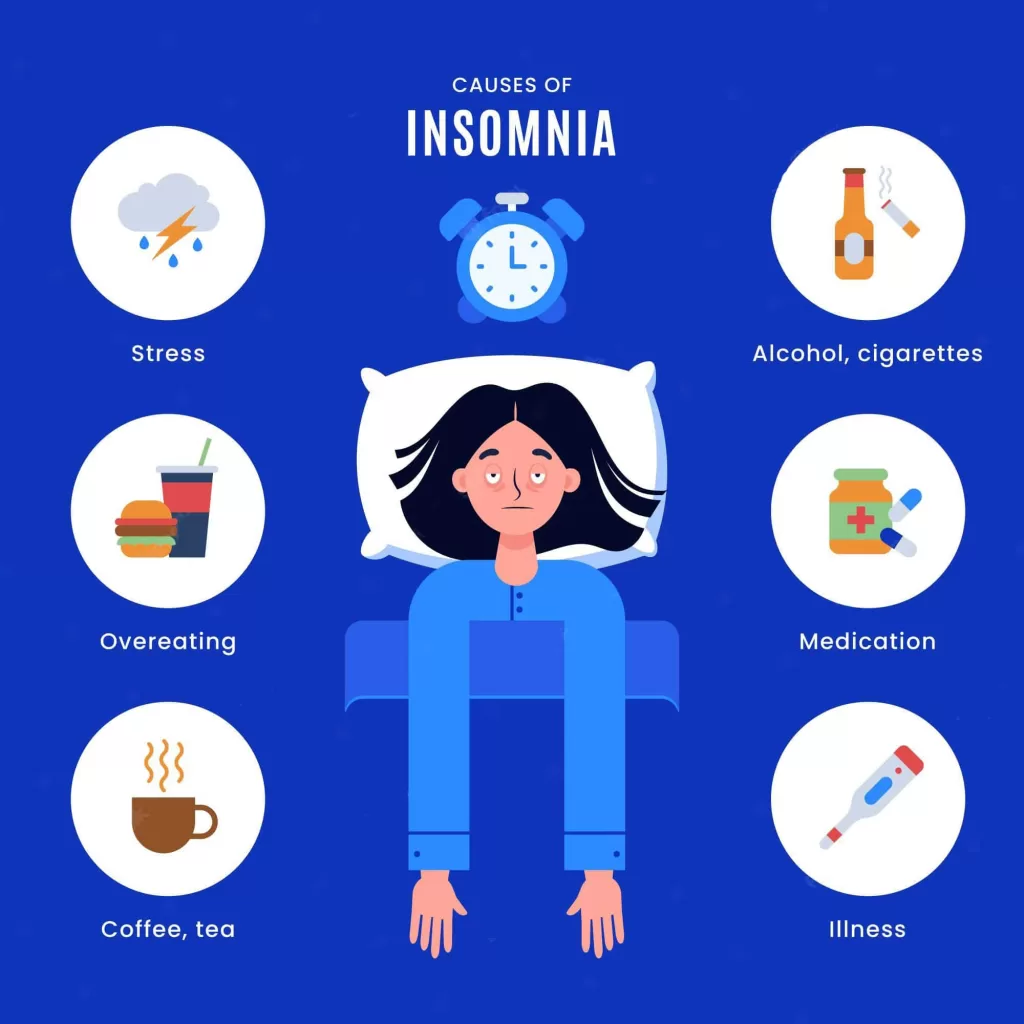
What do you need to have a peaceful and proper sleep?
Sleep hygiene education
- Do not consume caffeine after 4 pm
- Keep the bedroom cool and suitable for sleep
- Do not look at the bedroom clock
- Do not use nicotine, especially in the evening
- Do not exercise within 2 to 3 hours before going to bed
- Reduce exposure to bright light at night; Because much light reduces the secretion of the hormone melatonin, the hormone of sleep and rest.
- Go to bed only at bedtime
- Use the bedroom only for sleep and sex
- If you cannot fall asleep within 15 to 20 minutes, leave the room
- Study or engage in other activities and go back to bed only when you are sleepy
.
Medical treatments for sleep disorders
Medical treatment for sleep disorders may include:
- sleeping pill
- Melatonin supplements
- Allergies or cold medicines
- Breathing machine or surgery (usually for sleep apnea)
- Dental guard (usually for grinding teeth)
.
Non-medical treatment of sleep disorder
Lifestyle adjustments can significantly improve the quality of your sleep, especially when combined with medical treatments.
- Include more vegetables and fish in the diet
- Reduce the amount of sugar
- Reduce stress and anxiety
- Doing sports exercises
- Create a regular sleep schedule
- Drink less water before bed
- Limit caffeine intake, especially in the late afternoon or evening
- Reduce smoking and alcohol consumption
- Maintain and balance weight based on doctor’s recommendations.
.
Related: “Diet And Exercise Plan For Obese Men“
If you eat vitamins, you will not fall asleep!!!
Several sleep-enhancing nutrients promote sleep and relaxation. We will discuss these nutrients in the following:
magnesium
Magnesium relaxes muscles and induces deeper sleep. Irregularity of circadian sleep rhythms and stressful and unhealthy lifestyles also increase magnesium excretion and lead to magnesium deficiency.
Taking magnesium supplements improves sleep efficiency and time, reduces sleep onset, delays early morning awakening, and modulates hormone levels such as renin, melatonin, and serum cortisol in older adults.
Taking magnesium (types of magnesium supplements) in the diet may have long-term benefits in reducing the likelihood of daytime sleepiness in women and improving nighttime sleep

Study results show that supplementation with magnesium-melatonin-vitamin B complex for three months has a significant positive effect on sleep disorders and is very effective for treating patients with insomnia.
Regardless of the cause of insomnia, magnesium-melatonin-vitamin B complex supplementation reduces the symptoms of insomnia as well as its consequences, thus improving patients’ quality of life and preventing potentially unwanted clinical, social, economic, or emotional consequences.
Vitamin D
Also, other studies have pointed to the positive role of vitamin D consumption on sleep quality.
Implementing the following recommendations can effectively reduce the symptoms of Jet lag sleep disorder.
- In the first few days after arriving at your destination, stay out of the house longer and do your work activities.
- Eat low-calorie foods in the morning and high-calorie foods at night. A high-protein breakfast in the morning increases the level of hormones that ultimately increase alertness. At night, a high-carbohydrate dinner increases the hormone level that is effective in causing sleep.
- If you plan to do an important job or a necessary appointment at your destination, try to travel several days earlier so that your body can adapt to the new conditions. This work is of great value in sports competitions where physical fitness is essential. In championships, it is recommended to camp at least 2-3 weeks earlier at the place of the competition.
- If you exercise regularly, continue to do so at your destination, and avoid exercising late in the day as it may make you sleepless at night.
- Taking melatonin can be effective in reducing the adverse effects of jet lag. Take 3-5 mg of melatonin several days before and after travelling at bedtime.
.
Related: “Top10 High Protein Snacks For Pregnant“
Conclusion
Depending on the type of sleep disorder, people may have trouble sleeping and feel tired during the day. Lack of sleep and sleep disorders can hurt energy, mood, concentration, general health, and beauty.
They can also affect your performance at work, negatively impact your relationships, and disrupt your ability to perform daily activities.
Sleep disorder at night is one of the most uncomfortable conditions that can affect any person. This type of sleep disorder may be acute or chronic. The treatment of night insomnia mainly includes psychological techniques, lifestyle modification, and, in exceptional cases, drug therapy.
Going to bed and waking up at the same time each day can dramatically improve the quality of your sleep. Since you may want to sleep more on the holidays and wake up late, this can make it difficult for you to sleep and wake up during the weekdays.
Share in :
Explore more

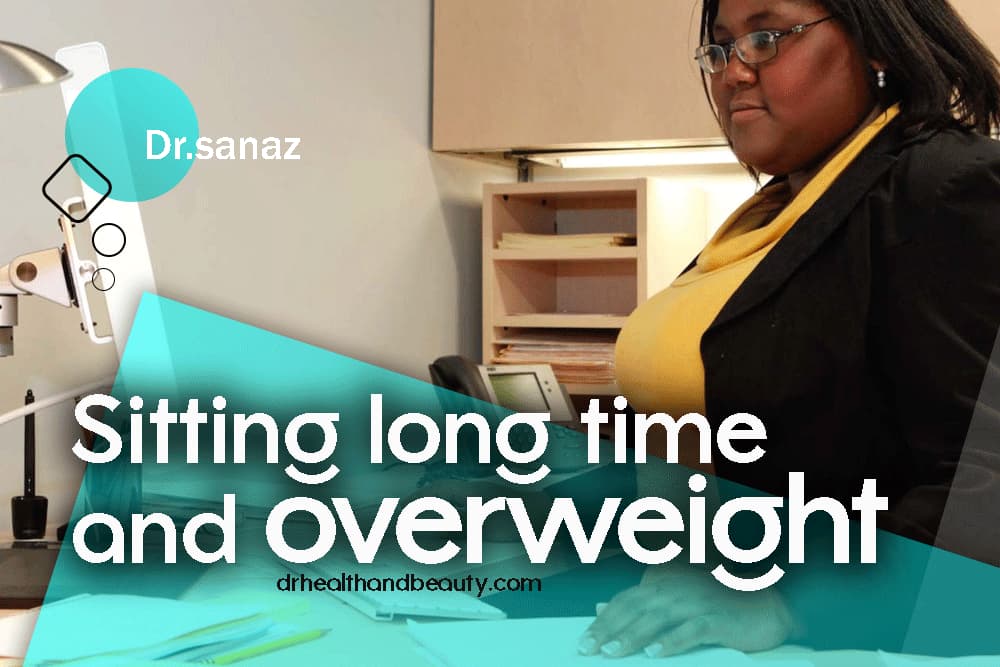
Sitting A Long Time And Being Overweight- Drhealthandbeauty

